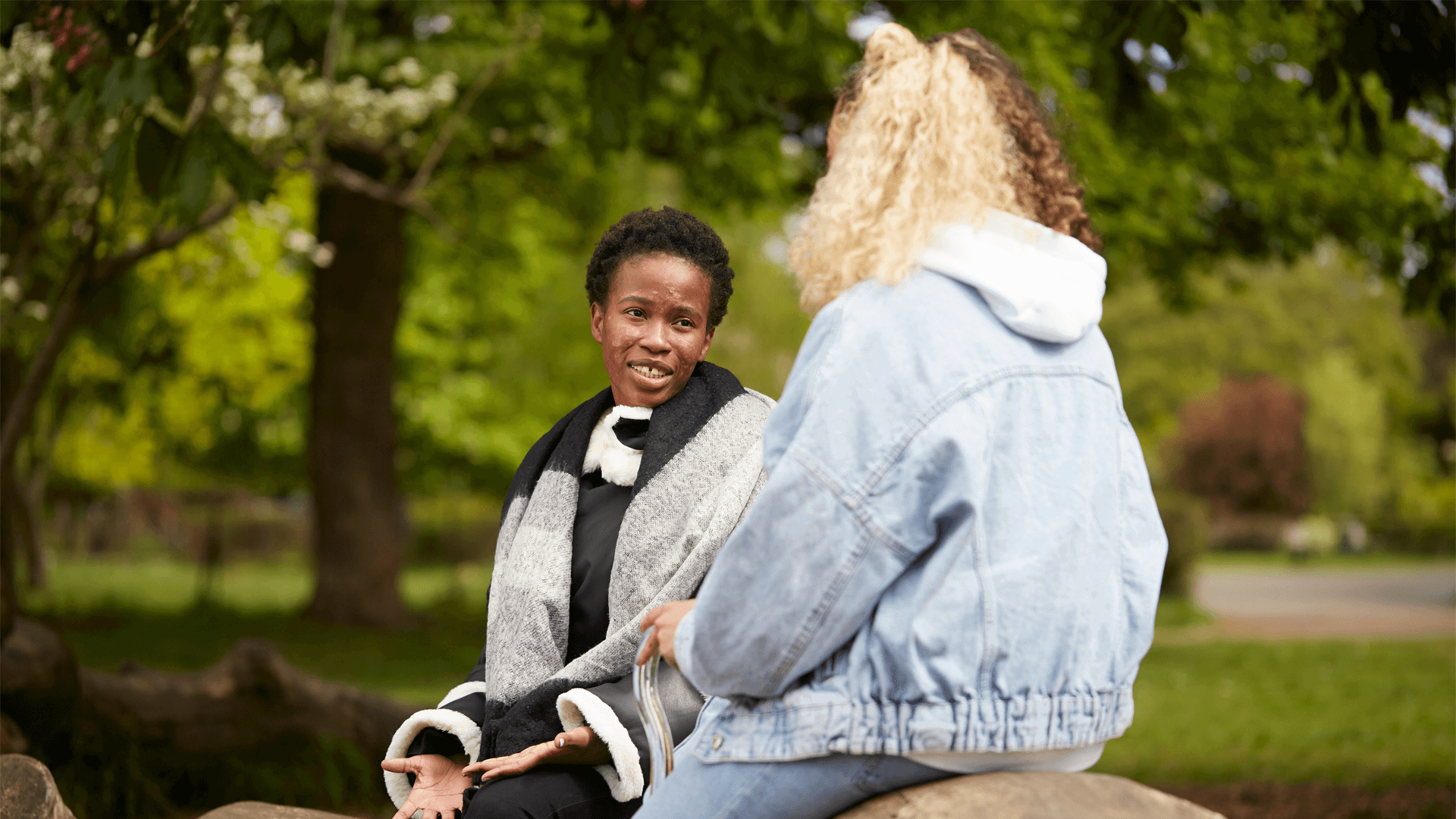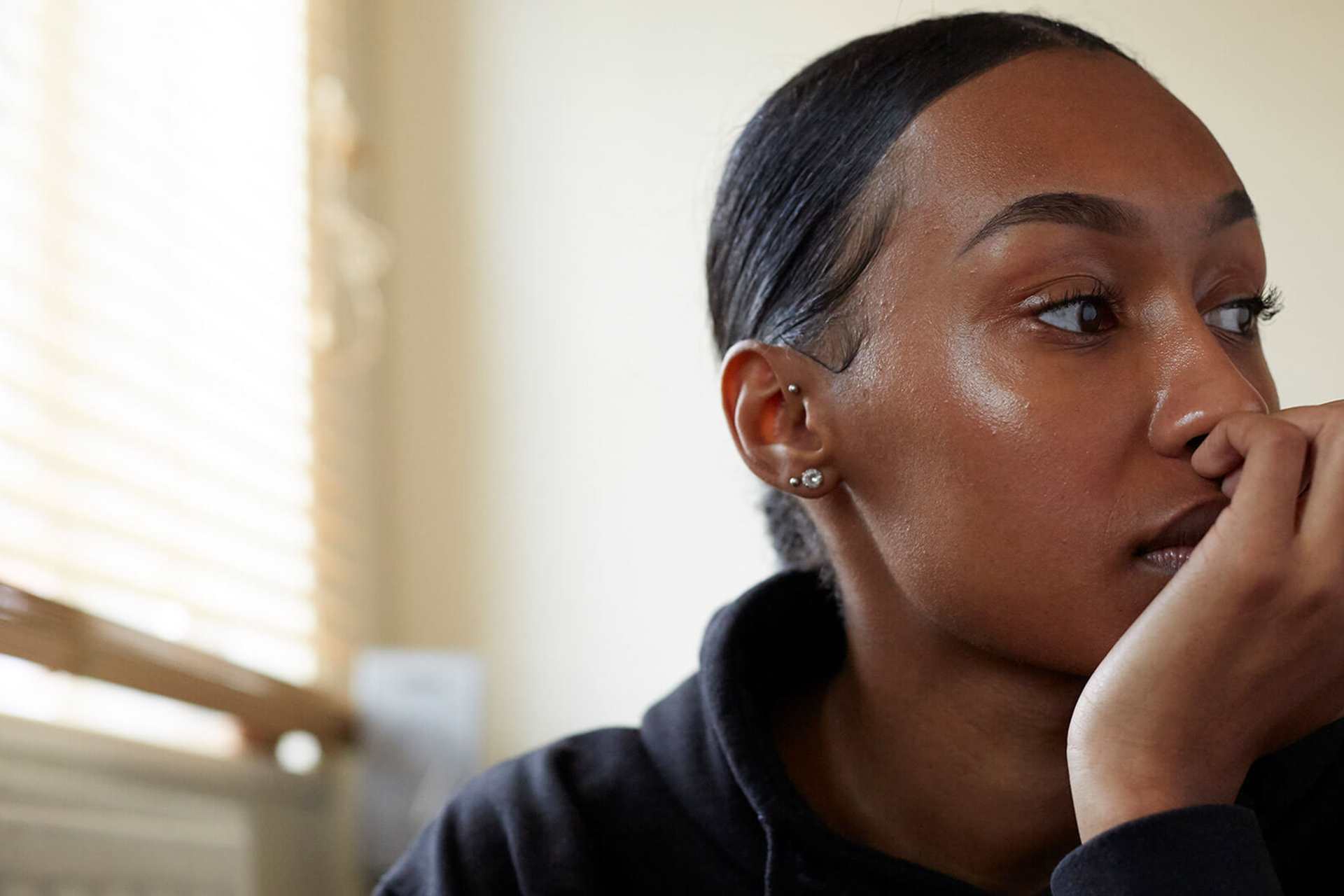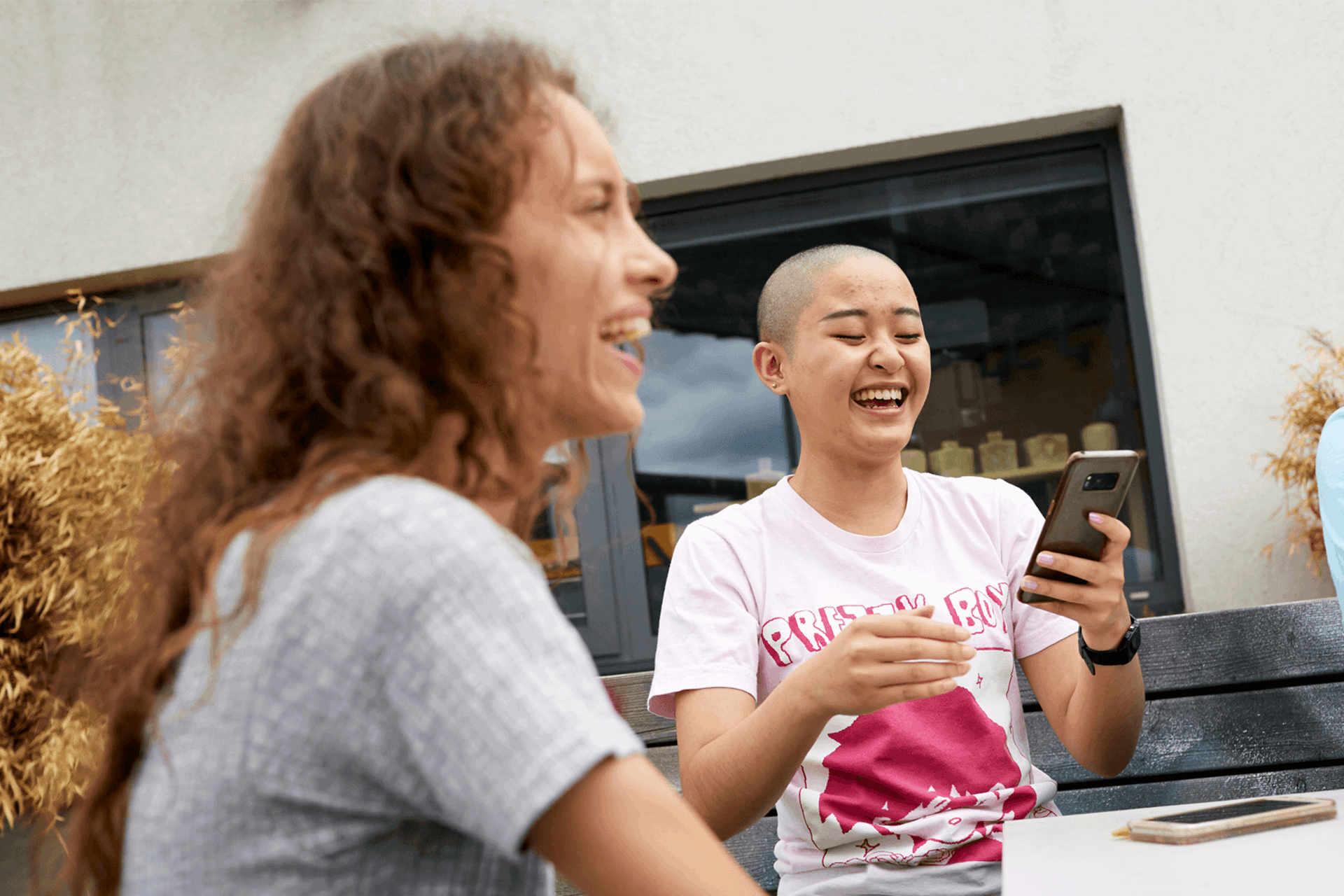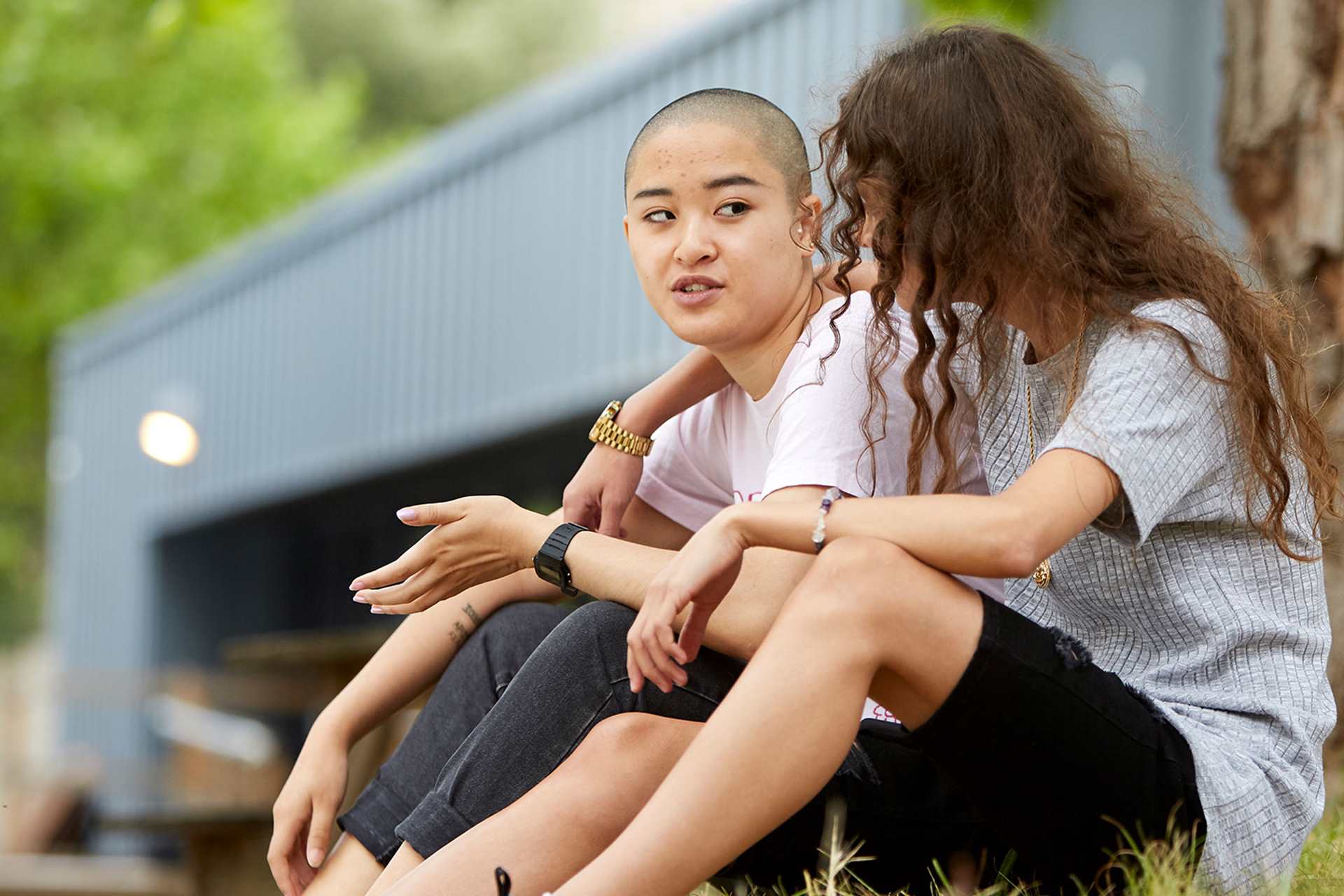Topics mentioned: feelings and emotions, supporting a friend with mental health, self-care
About: One of our bloggers shares their tips to help validate someone else's feelings and explains why it's important to approach our own with the same compassion.
I believe that for us to actually tackle our problems, the first step is acknowledging what they are and accepting that we’re experiencing them. But sometimes it can be difficult to do this if we have a tendency to be self-critical, as we might invalidate how we’re feeling.
However, it is really important to treat ourselves with compassion and understanding, free from judgement, just as we would with our friends or family members if they were struggling with something.
Why is it important to have our feelings validated?
Validating our feelings means accepting whatever emotions we are feeling, even when what we’re feeling, or how strongly we’re feeling, surprises us. It is important to validate our feelings in order cope with things we are going through. It ensures that we are processing and dealing with our emotions, instead of sweeping them under the carpet and letting them build up. Allowing ourselves to feel the way we do is crucial to solving whatever is causing us to feel that way.
Once we have established how we are feeling and what is making us feel that way, we can start to find ways to overcome it.
In the past, I have dismissed my feelings as I felt as though they weren’t important enough to talk about. I have compared my situation to other people’s and felt like my problems aren’t as significant and therefore don’t matter as much. However, I have learnt that this is not the case at all. Someone else’s feelings or problems don’t take away from our own - we are still entitled to feel the way we do, and our feelings are just as valid as anyone else’s.

It can feel daunting to face our struggles head on and it often seems like the easier option to just ‘let it go’ and not let ourselves be vulnerable. But I have realised that these feelings don’t just go away. We have to acknowledge them, accept them and understand that they are always important enough, no matter what. Once we have established how we are feeling and what is making us feel that way, we can start to find ways to overcome it.
How to validate someone else’s feelings
It’s important to learn ways in which we can validate other people’s feelings. When someone opens up to us about the way they are feeling, it is vital to make sure they feel seen and heard. Here are some tips for how we can do this:
Firstly, make it clear to the person that you are fully engaged with them and listening to what they are saying. You can do this by keeping eye contact and nodding as they are speaking.
Secondly, respond sympathetically when they have finished opening up to you. Let them know that it is okay that they feel that way. By simply making it known that you care, you have shown them that their feelings are valued.
Finally, let them know you are there for them and reassure them that you are someone they can confide in without fear of judgement. Remember - you don't have to try and fix anything. By simply being a support system for them, you will help them feel more comfortable opening up and confronting their emotions.
Validating our feelings is a healthy way to cope with what we are going through. Our emotions should be valued at all times - not just by others, but by ourselves too. There is no such thing as an insignificant feeling. If we feel a particular way, then that’s completely okay.
It is also important to know how to validate others. When someone opens up to us, they are putting themselves in a vulnerable state. Therefore, being accepting and compassionate is key for them to feel validated.
We should practise validating our own and others’ feelings by being kind and understanding, and remembering that all feelings are important, all the time.
When someone opens up to us about the way they are feeling, it is vital to make sure they feel seen and heard.
More information and advice
We have tips and advice to help you find the support you need. Take a look at our guides.
Where to get help
However you're feeling, there are people who can help you if you are struggling. Here are some services that can support you.
-
Childline
If you’re under 19 you can confidentially call, chat online or email about any problem big or small.
Sign up for a free Childline locker (real name or email address not needed) to use their free 1-2-1 counsellor chat and email support service.
Can provide a BSL interpreter if you are deaf or hearing-impaired.
Hosts online message boards where you can share your experiences, have fun and get support from other young people in similar situations.
- Opening times:
- 24/7
-
Youth Access
Provides information about local counselling and advice services for young people aged 11-25.
Put in your location and what you need help with into their 'Find help' search, and see what services are available in your area.






